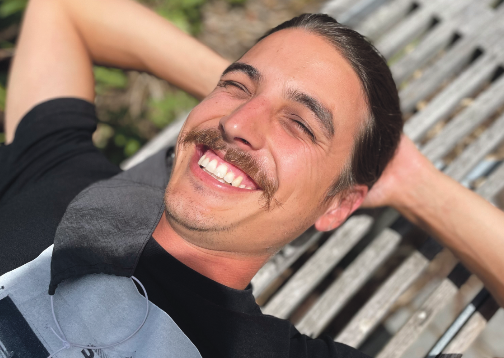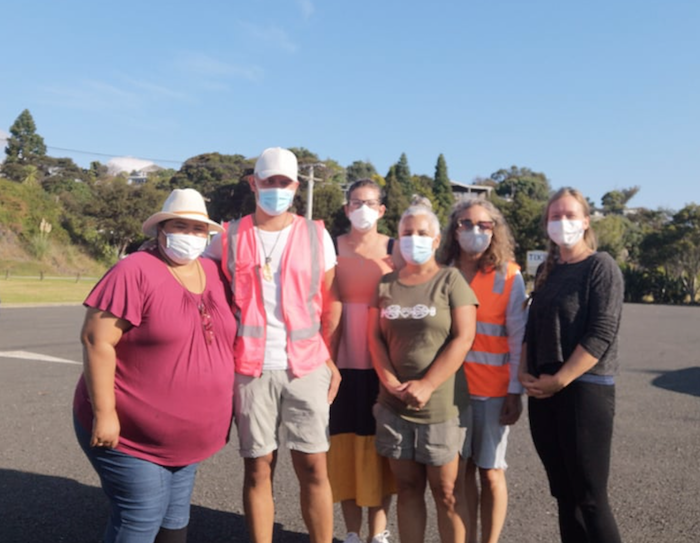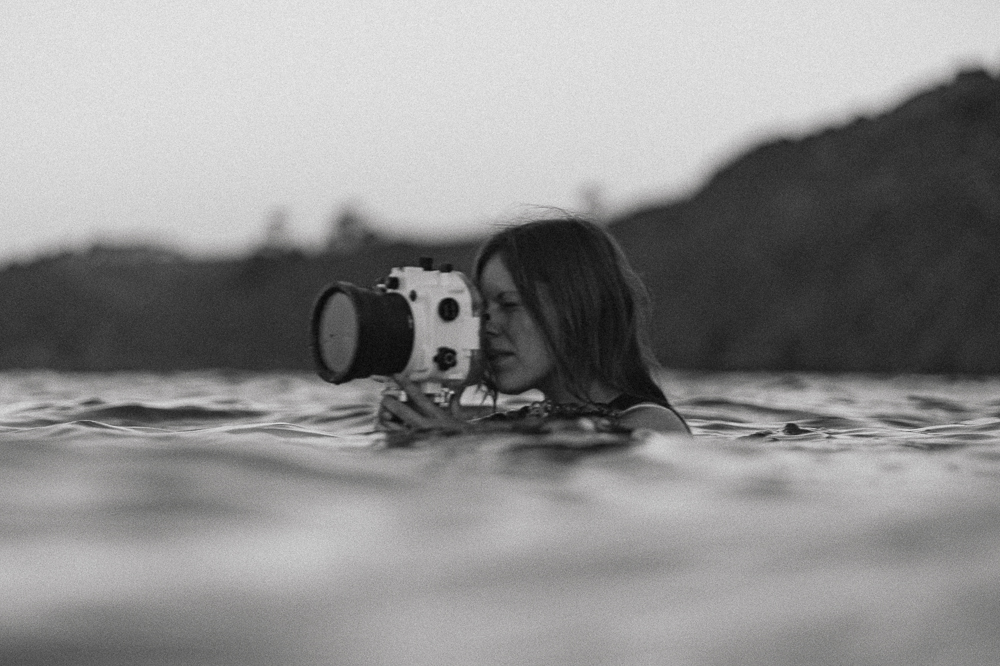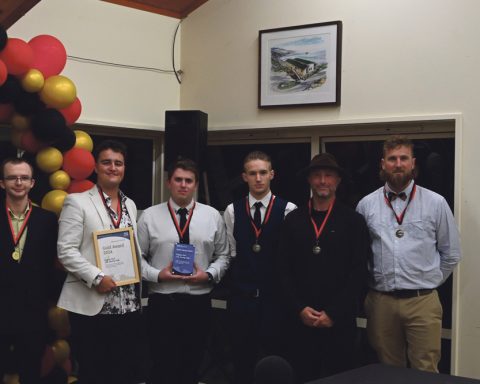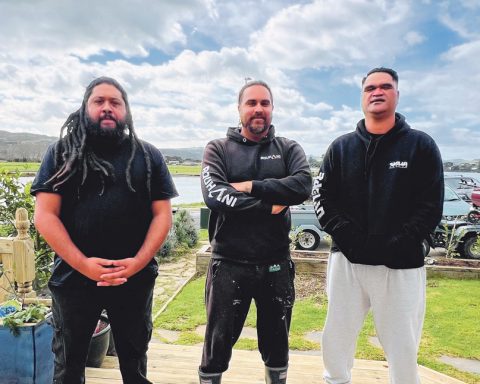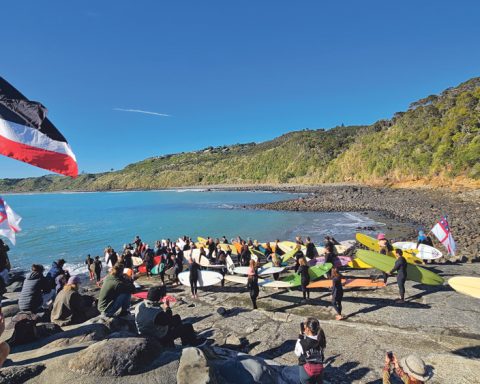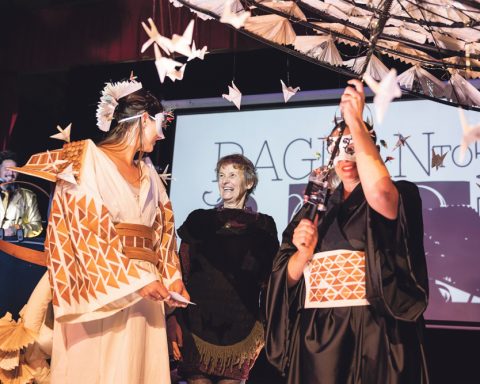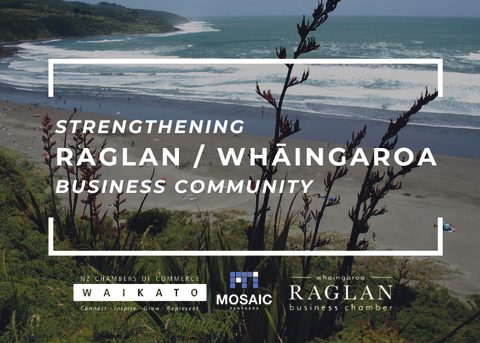Ruby Gibbs, founder of the mental health toolbox, sits down with Ngaru Toka.
What is your relationship like with your mental health?
A work in progress, but mainly pretty good. We are on good terms.
Is it something that you consider every day?
Not at the moment, but that is probably because I’m in a good spot. I guess I kinda check in with myself and say hi most mornings. I try to be aware if I’m a bit down.
What has your past relationship with your mental health been like growing up?
Growing up it was pretty good; both my parents made a pretty safe space. They were always really open about who they were, and where they were at and what had made them who they are. Retrospectively, I understand that that was maybe quite rare.
I think that’s made my mental health way better now as an adult. Even though I was raised that way, going to an all boy’s high school, you definitely noticed that mental health wasn’t a thing as much. When I was in high school I approached the headmaster about trying to create a mental health programme but nothing ever came of it.
So to recently have the opportunity to be involved in Poutama Rites of Passage here in Whāingaroa and to see a focus being put on teenage boys’ transition into adulthood with mental health given space was super special. Having community based programmes is great but I would still love to see more mental health programmes incorporated into schools.
How did that juxtaposition of your home life and your school life change your perception of masculinity and femininity?
You know, at school it was hyper masculine, really trying to prove your masculinity. But I have been pretty assured of myself for as long as I can remember. I guess that’s going back to how my parents raised me and I’m super lucky that I’ve got two parents who are very uniquely themselves.
My dad didn’t care about masculinity so I didn’t have a big build up of masculinity and I think that was a huge thing. You know, he would rock around in a kilt or daisy dukes and a fishnet singlet so that was normalised – I guess because of that, seeking out friends and creating that space now where it isn’t hyper masculine.
There are certain people that are always gonna be quite masculine but there is a space for femininity and I think finding that balance and accepting it and working so that you’re not one or the other, it’s fluid, it’s moving and you gotta sit in that and feel it and accept it. That’s a huge thing, it’s hyper fragile, masculinity, and when it becomes toxic it’s crazy. You gotta live in the grey space, there’s so much colour in the grey.
When you were at your lowest, what kept you pushing through?
My lowest point was definitely when I was living in Japan. I realised that I was super depressed but what got me through were long conversations with my mum. She’s always there. I’m super grateful for the fact that I do have parents that are kinda unconditionally loving and always there, and I understand that that is a pretty big privilege.
Being away from Aotearoa let me know how important culture, identity, and belonging to a community was for my mental, physical, whanau and wairua wellbeing. Gotta have all the pou for your whare. Being based in a community that you feel a part of, that you are loved by, and that you love.
What do you think you learned from being at that lowest point?
Well I learned how I got there in the first place. My teenage angst had morphed into this egotistical arrogance that ultimately drove people away because no one really wants to be around that and you become so isolated in your own person – so I guess that internal reflection of realising why you are at the bottom and how that needed to change.
And that took years, looking back at it. Then there was this weird period where I tried to destroy my ego so much that I actually just crushed my own being. I wasn’t confident anymore, because I had realised I needed to do something about it but to destroy it completely wasn’t the answer and I just needed to find the balance within myself.
What are some of the lessons you have learned and how do you implement them now?
I guess, for me now, I’m kind of in a place where I find that my mental health is pretty good most of the time, so now it’s about making sure my actions don’t negatively impact others’ mental health. I try to be as good a support person as I can be without trying to be a counsellor or anything like that. Being there for other people. You never know when it’s gonna flip either and when it might turn around for yourself. As much as I try to think I’m pretty balanced, you’re always gonna have those highs and lows. Balance doesn’t mean perfectly equal or flat.
What tools are in your toolbox?
I just really like going for a quick walk. Being in green space, out in the bush, in the ngahere. I’m lucky enough to live with bush behind my house so I can just quickly pop out.
You can either go there and empty your thoughts and just say hi to the trees, listen to the birds, go splash some water on your face from the stream, or you can be out there and completely zone in to what you’re sitting in, process it. It’s a neutral, embracing space. Then if I’m somewhere where I’m not around the bush, I’ll put on one of my favourite albums. Music is huge for me in terms of being able to slip into that comfort and embrace of a familiar bit of music.
And then recently, I’ve been trying to work on writing poetry. The loosest form of poetry in the sense that anything can be a poem, just to kind of empty that stuff out, whether you read back on it or not; realising that we have a phone in our hand with the ability to just pop in the notes and just blast out some random thoughts.
Seeing it back, sometimes you realise how silly it is or you realise maybe you need to talk to someone about it. Which leads to my last tool: jump on the phone with my mum or my dad.
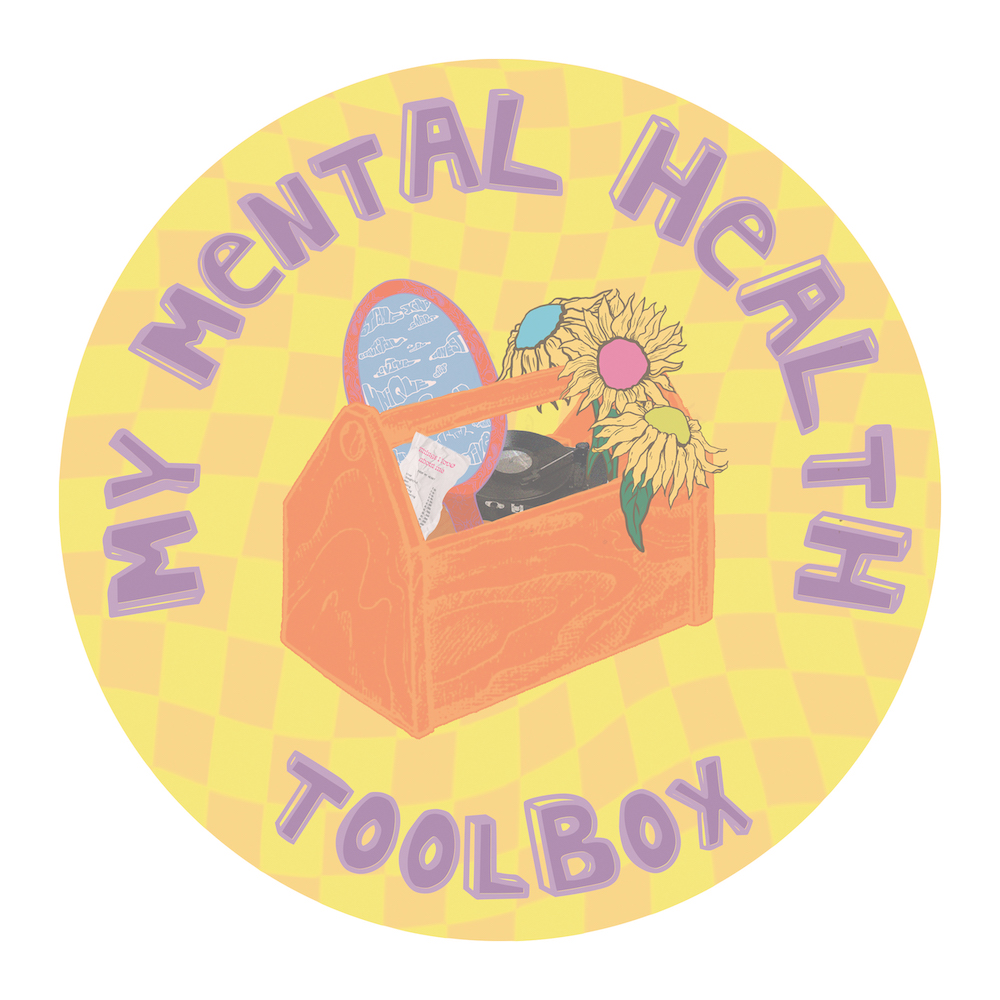
The My Mental Health Toolbox will be available in Whaingaroa businesses from March 5th.
This is a community mental health resource that we hope can help to start more conversations.
The Toolbox is free but there will be an option to donate a koha to fund the next print run.
Please email rubymgibbs@gmail.com if you would like to stock it in your business.
